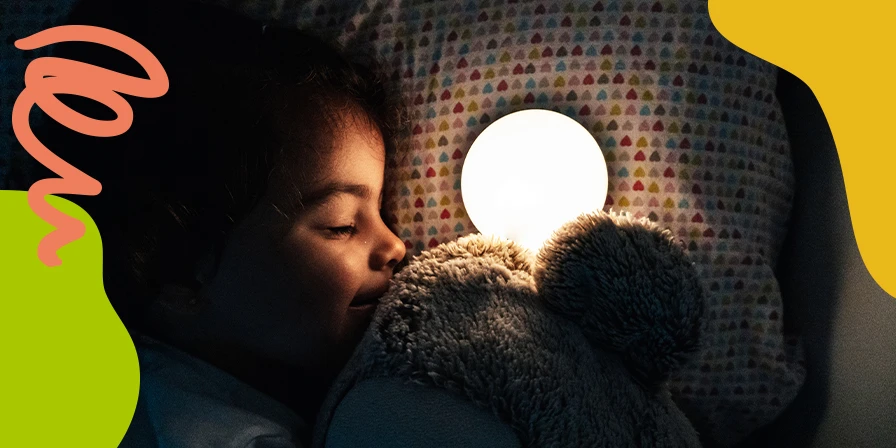Download a new browser







try it out for a year

choose from 7 rolled mattresses

delivered in 48 hours
shop by size
shop by budget
UK's most trusted sleep brand

Handmade in the UK

multi award-winning mattresses
shop by type
buying guides
UK's most trusted sleep brand

multi award-winning mattresses

rigorous safety testing
shop by type
get cosy
UK's most trusted sleep brand

FREE UK delivery over £49

rigorous safety testing







try it out for a year

choose from 7 rolled mattresses

delivered in 48 hours
shop by size
shop by budget
UK's most trusted sleep brand

Handmade in the UK

multi award-winning mattresses
shop by type
buying guides
UK's most trusted sleep brand

multi award-winning mattresses

rigorous safety testing
shop by type
get cosy
UK's most trusted sleep brand

FREE UK delivery over £49

rigorous safety testing
 free delivery over £49
free delivery over £49
 Klarna available
Klarna available
Parents
4 min read
written by Natalie Costa
updated 24.08.2022

When children wake up in the early hours of the morning it’s never ideal and chances are that you probably find it difficult to nod off again too, especially if you’ve spent the time either going back and forth between your rooms or perhaps you’ve just given in and now they’re taking up all the space in your bed.
If your child finds it hard to go to sleep back in the middle if the night, here are a few things that you can do:
Explain to them that it’s normal to sometimes wake up in the middle of the night. Help them come up with a “Power Plan” during the day of what they can do when the worries take over during the middle of the night. Perhaps they can cuddle a special soft toy, sing a calming song in their head or imagine a happy place to help them drift back off to sleep.
Children often get anxious when they wake up and they then realise that they’re by themselves and away from you. Use a transitional item such as a special blanket, t-shirt or small soft toy which they can cuddle in the middle of the night, as a reminder that a part of you is always with them.
Belly breathing exercises are very useful to put into your child’s Power Plan tool kit. Teach them Four-by-four breathing, which is slowly breathing in to the belly for four counts and slowly out for four counts, and have them repeat the phrase, ‘I am safe, I am calm.’
There are bound to be a few displays of big emotions (perhaps yours and that of your child’s!) but try to stay calm as you’re helping your child develop the skill of being able to sleep independently.
When children get up in the middle of the night or they voice their concerns during the day, take a moment to connect with the feeling they’re experiencing. The emotional hub of their brain is far more developed than the logical and rational part, so when they’re feeling worried or scared, this feels really overwhelming for them. They don’t have the capacity to regulate and work through the big emotions by themselves.
Validate and mirror their experience, by saying something like: “It feels scary sometimes sleeping by yourself, doesn’t it? Sometimes your room looks really different at night and that can make us feel nervous. I also feel nervous when I have to do something by myself, I get it.”
When you meet them in these emotional experiences, your child feels seen, heard and understood. They feel that you ‘get them’ and this starts to dissolve the intensity of those big emotions. Remind them then that they are safe, review the power plan or choose a transitional item for them to use.
Consistency is key to establishing a bedtime routine but there’s also no such thing as a perfect parent and sometimes things won’t go as planned. There’s no one size fits all approach when it comes to working through sleep challenges so be kind to yourself too because you’re just as much of a learner on this journey, as is your child.
Download our kids sleep guide, written for parents and teachers.
Add another item to compare
Add another item to compare
Add another item to compare
Add another item to compare